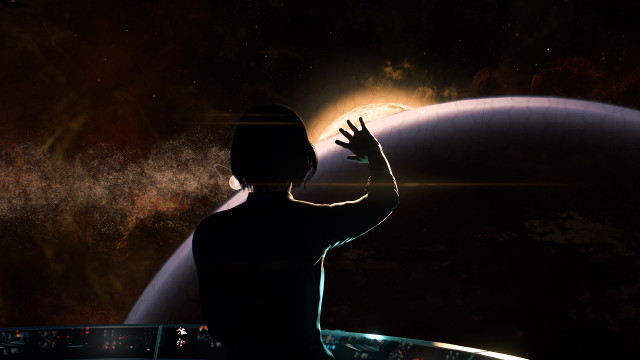Probably the last game I thought to myself that I would surely enjoy was Dead Rising 4. Usually, I go into playing and reviewing a game with no expectations, but I was almost positive that Capcom's latest zombie romp would be a good game. Suffice it to say, I was wrong.
More importantly, though, I was…











